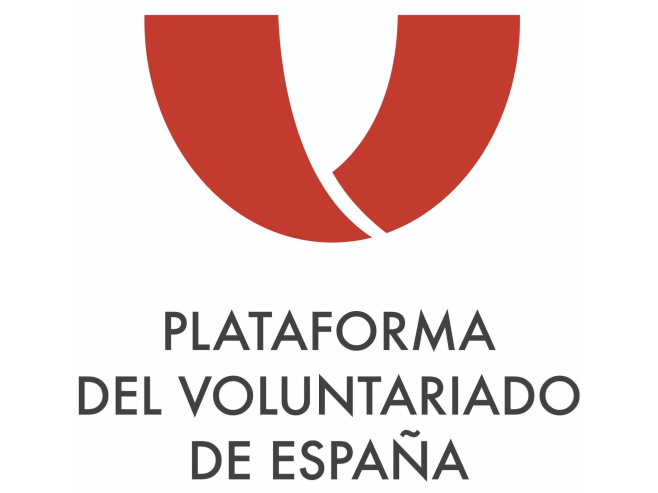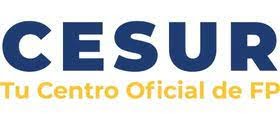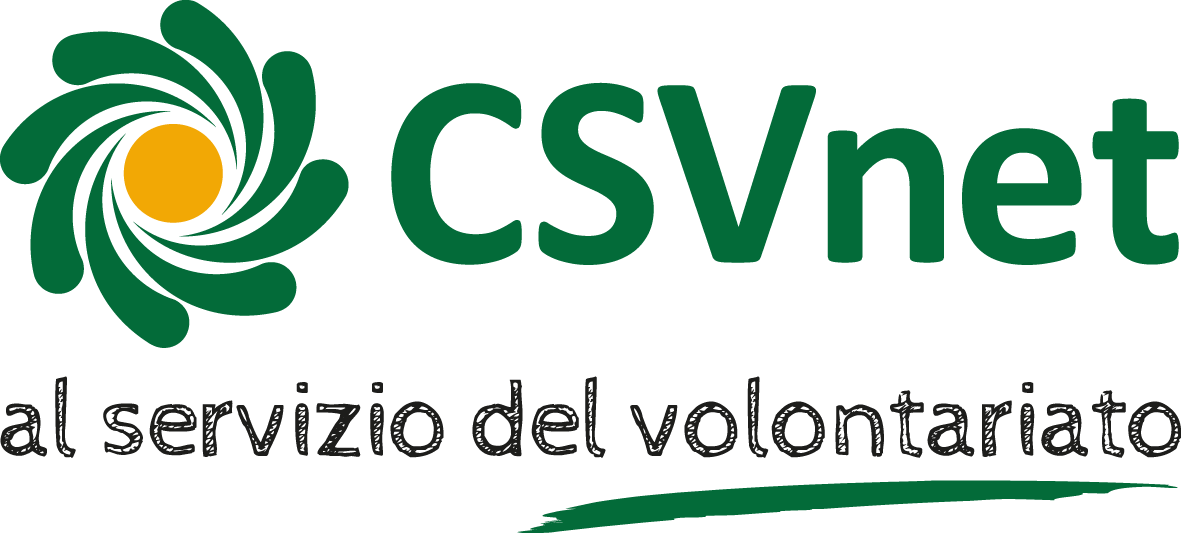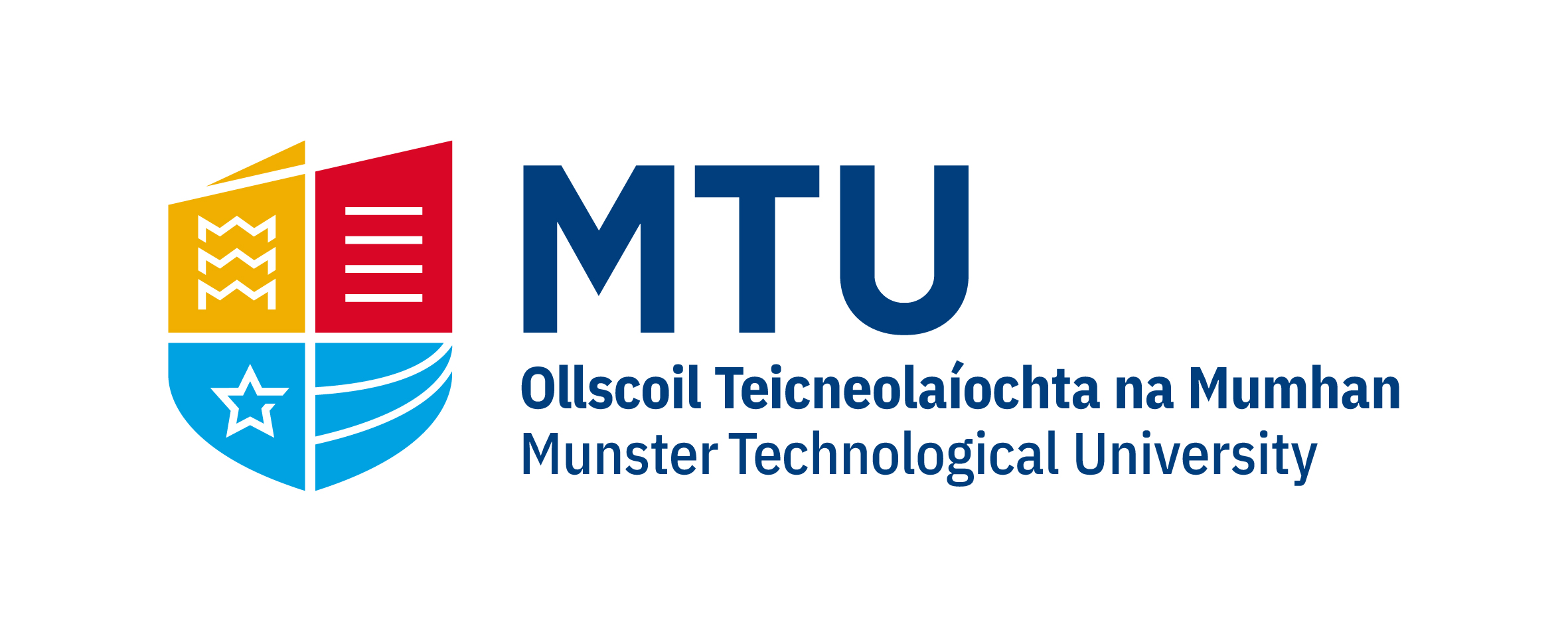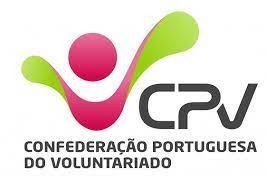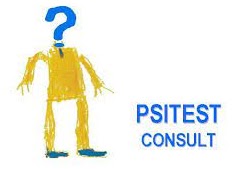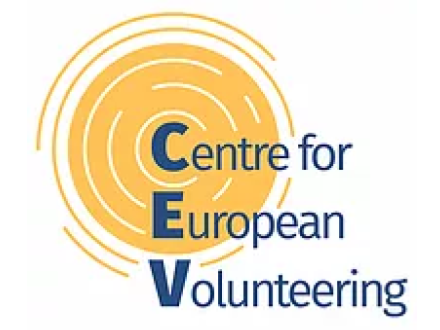Extended Campus was established as single point of contact to support enterprise or community groups in all forms of interaction with MTU
eQval
QUALITY STANDARDS FROM VOLUNTEERING 
The project aims at defining, developing and promoting the first European Quality Standards in Validation of Learning from Volunteering across Europe .
What is the purpose of the European Quality Standards in Validation of Learning from Volunteering?
The European Quality Standards in Validation of Learning from Volunteering aims to provide guidelines and standards for the process of validating learning outcomes acquired through volunteering. This validation process seeks to formally recognise the knowledge, skills, and competences gained by individuals during their voluntary activities, making them visible and potentially transferable for personal, educational, or professional development.
What are the key phases involved in the validation process?
The validation process, as outlined in the guide, typically involves four key phases:
Identification: Identifying the learning outcomes an individual has acquired through their volunteering experience.
Documentation: Gathering evidence that demonstrates these learning outcomes.
Assessment: Evaluating the documented evidence against relevant standards or criteria to confirm the learning outcomes.
Certification: Formally recognising the validated learning outcomes, often through a certificate or other form of accreditation.
Who can use these European quality standards for validation?
These standards are intended for a wide range of stakeholders involved in or benefiting from the validation of learning from volunteering. This includes:
Volunteers: To understand how their skills and knowledge gained through volunteering can be recognised.
Volunteering organisations: To implement quality validation processes for their volunteers.
Education and training institutions: To understand and potentially integrate learning from volunteering into formal learning pathways.
Employers: To recognise and value the skills and competences that individuals have gained through volunteering.
Public authorities and policy makers: To support and promote the validation of non-formal and informal learning.
What kind of learning outcomes from volunteering can be validated using these standards?
A broad range of learning outcomes acquired through volunteering can be validated. This includes not only specific skills related to the voluntary tasks undertaken but also transversal competences such as teamwork, communication, problem-solving, initiative, and adaptability. The focus is on recognising the knowledge, skills, and responsibilities gained, regardless of the context in which they were learned.
What are some of the general quality standards that underpin the validation process?
Several general quality standards are highlighted to ensure a robust and credible validation process. These include:
Volunteer-centredness: Ensuring the process is focused on the individual volunteer's needs and learning.
Transparency: Making the process, criteria, and outcomes clear and accessible to all stakeholders.
Reliability: Ensuring the methods and tools used for identification, documentation, and assessment consistently produce dependable results.
Validity: Confirming that the assessment accurately reflects the learning outcomes achieved.
Fairness and impartiality: Ensuring the process is conducted without bias and provides equal opportunities for all volunteers.
Accessibility: Making the validation process accessible to all individuals, regardless of their background or circumstances.
Data protection: Handling all personal information collected during the process in accordance with data protection regulations.
How do these standards relate to the broader European policy landscape on lifelong learning?
These quality standards align with the European Union's broader policy objectives on lifelong learning and the validation of non-formal and informal learning. They support the idea that all forms of learning, including that gained through volunteering, have value and should be recognised. By providing a framework for quality validation, these standards contribute to increasing transparency, mobility, and employability within the European context. They can also help to bridge the gap between non-formal learning and formal qualifications frameworks.
How can organisations implement these quality standards in their work with volunteers?
Organisations can implement these quality standards by developing and adopting validation procedures that align with the principles and phases outlined in the guide. This may involve:
Establishing clear criteria for identifying and documenting learning outcomes from different volunteering roles.
Providing support and guidance to volunteers in preparing their documentation.
Training staff or engaging external assessors to conduct fair and reliable assessments.
Developing appropriate certification mechanisms to formally recognise validated learning.
Ensuring transparency and communicating the validation process to volunteers and other relevant stakeholders.
Regularly reviewing and improving their validation practices based on these standards and feedback.
The official publication of the final version of the eQval Guide: European Quality Standards in the Validation of Learning Outcomes from Volunteering! After two years of dedicated research, extensive European consultation, rigorous testing, and collaborative refinement by our seven partner organisations, this comprehensive guide is now available to empower individuals and organisations across Europe.
Discover the eQval Guide at www.eqval.eu
The eQval Guide provides a clear and practical framework for validating the valuable skills and competences gained through non-formal and informal learning in volunteering contexts. It is designed to enhance the quality, consistency, and recognition of such learning, ultimately benefiting volunteers, volunteer-involving organisations, education providers, and employers.

